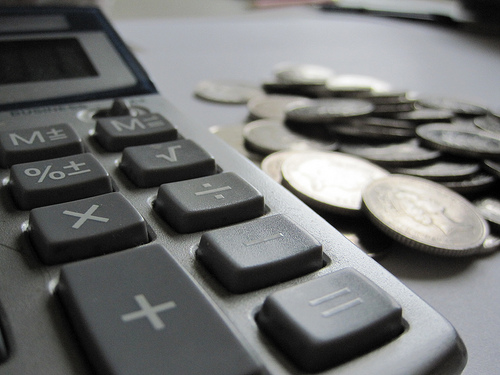Even if we have the best-laid plans set out to stay on track, life occasionally throws us a curve. The smartest way to be prepared for financial emergencies is to have a back-up fund for whatever unexpectedly comes your way. How do you know what you should prepare for? Well, you don’t, but these are some of the most common wrenches that get thrown into the mix:
1. Emergencies. Things pop up all the time – an unexpected illness or a hospital stay, a death in the family, an act of nature, home or car repairs, you name it. It’s a good idea to have a small fund saved up for when events like this arise.
2. Taking a pay cut or losing your job. It may take some time to get back on your feet, so be sure to have enough saved to cover your monthly expenses for at least six months.
3. Impulse buys. Avoid unnecessary purchases, and don’t buy things that you can’t afford. It can be tempting to buy whatever you want, whenever you want it (especially if you have a credit card) but those charges will add up quickly, and you’ll find yourself putting all of your unallocated funds towards your debt instead of your savings account.
4. Getting behind on payments. This ties in with #3 – once you start digging yourself into a hole, it’s hard to climb back out. Pay your bills on time, and add a few extra bucks to your interest if you can.
5. Not monitoring your spending. You should always keep track of your spending, and BudgetSimple is a great tool for doing just that! You can easily see where your money is going and where you can afford to cut expenses or grow savings. And don’t forget to check the blog frequently for budgeting and money-saving tips!

